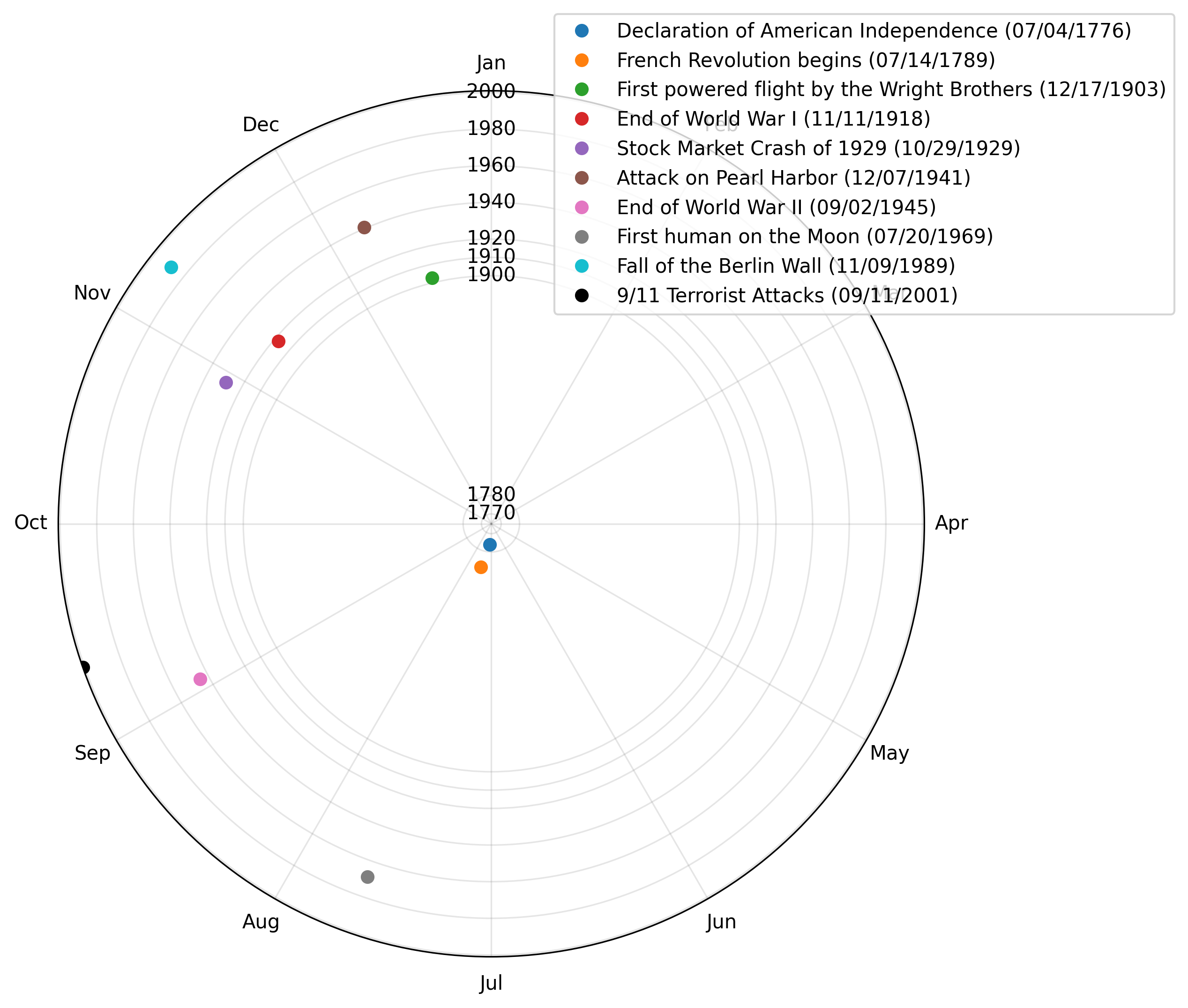Open Source Software
I've pinned a few repositories that I worked on in GitHub.
zrok
zrok is an open-source, self-hostable file and service sharing platform built on the firm foundation of OpenZiti. Here's a post I wrote about running my own zrok in Docker.
OpenZiti
OpenZiti is a layer 4 overlay. As a transport-oriented abstraction over IP networking, the OpenZiti overlay makes it possible to stop managing IP addresses and focus on application identity and authorization.
This approach presents less surface area for attack than a VPN, and starts with a restrictive policy, i.e., no trust is implied by a network address.
The idea is to grow meaningful policies for labeled entities as application needs change, not convoluted ACLs based on IP addressing.
This way, there's no looming reckoning because every entity is known and every flow is authorized. Bonus: no proliferation of permissive VPNs to create new segments because you can just add a policy to the existing network.
Here's a post I wrote about deploying OpenZiti in Kubernetes.
Radial Calendar
Plot radiating dates for a fresh perspective that highlights similar time of year.

This Djanjo app is also an example of using zrok's Python SDK instead of listening on a TCP port (server.py).
Decks
Patch v. Proxy
Southeast Linuxfest 2024 in Charlotte, NC